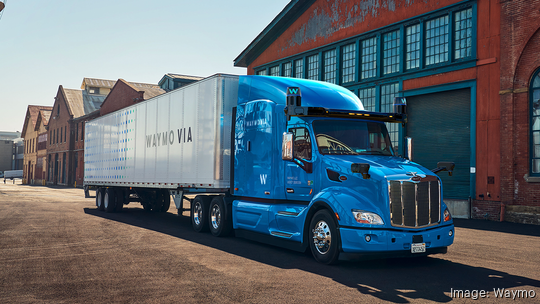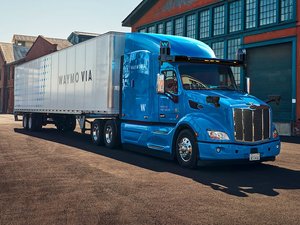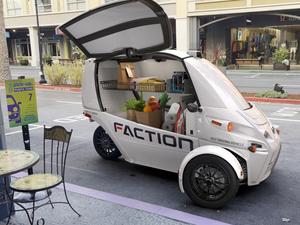
A bill now sitting on California Gov. Gavin Newsom's desk would deliver a blow to the state's autonomous trucking industry should the governor decide that a human safety operator to be in a self-driving truck while in use on public roads.
On Monday, the state Senate voted 36-2 to support the measure, AB 316. On May 11, the Assembly backed the bill in equally lopsided fashion, voting 69-4.
The bill looks to address risk and safety concerns associated with autonomous vehicles (AV) and provide time for legislators to revisit and amend laws “to reflect advancements that address threats to public safety and jobs.” Throughout the bill's life, supporters pointed to various instances when autonomous vehicles malfunctioned.
AB 316 does not ban companies from testing or even deploying self-driving, heavy-duty vehicles on California roads. But it requires a trained safety operator to be present in the event of an emergency.
"AB 316 places a needed guardrail on the deployment of autonomous medium- and heavy-duty vehicles on California’s public roads," the bill’s authors, Assembly Members Cecilia Aguiar-Curry (D-Winters) and Laura Friedman (D-Glendale), wrote in the bill’s analysis. They said that the testing and deployment of light-duty AVs "has been fraught with malfunctions" such as suddenly stopping in the middle of a road or causing accidents.
"As California considers expanding autonomous technology to include trucks, buses and other large vehicles, AVs have greater potential to injure and kill Californians and displace large portions of the workforce," the lawmakers wrote.
If Newsom signs the bill into law, it would require companies to provide safety data by January 1, 2029 or five years after testing begins to the Department of Motor Vehicles. The DMV, California Highway Patrol and other state agencies will then issue a report examining the public safety impacts the technology has on the state.
The report has to include data on crashes and recommendations on the need for safety operators in heavy-duty AVs, according to the measure's language.
According to Aguiar-Curry and Friedman, the report’s outcomes could trigger a legislative reconsideration on the requirement for human safety operators.
If Newsom signs the bill into law it would affect various Bay Area startups, like Mountain View-based Waymo LLC, who have AV truck projects in the works.







